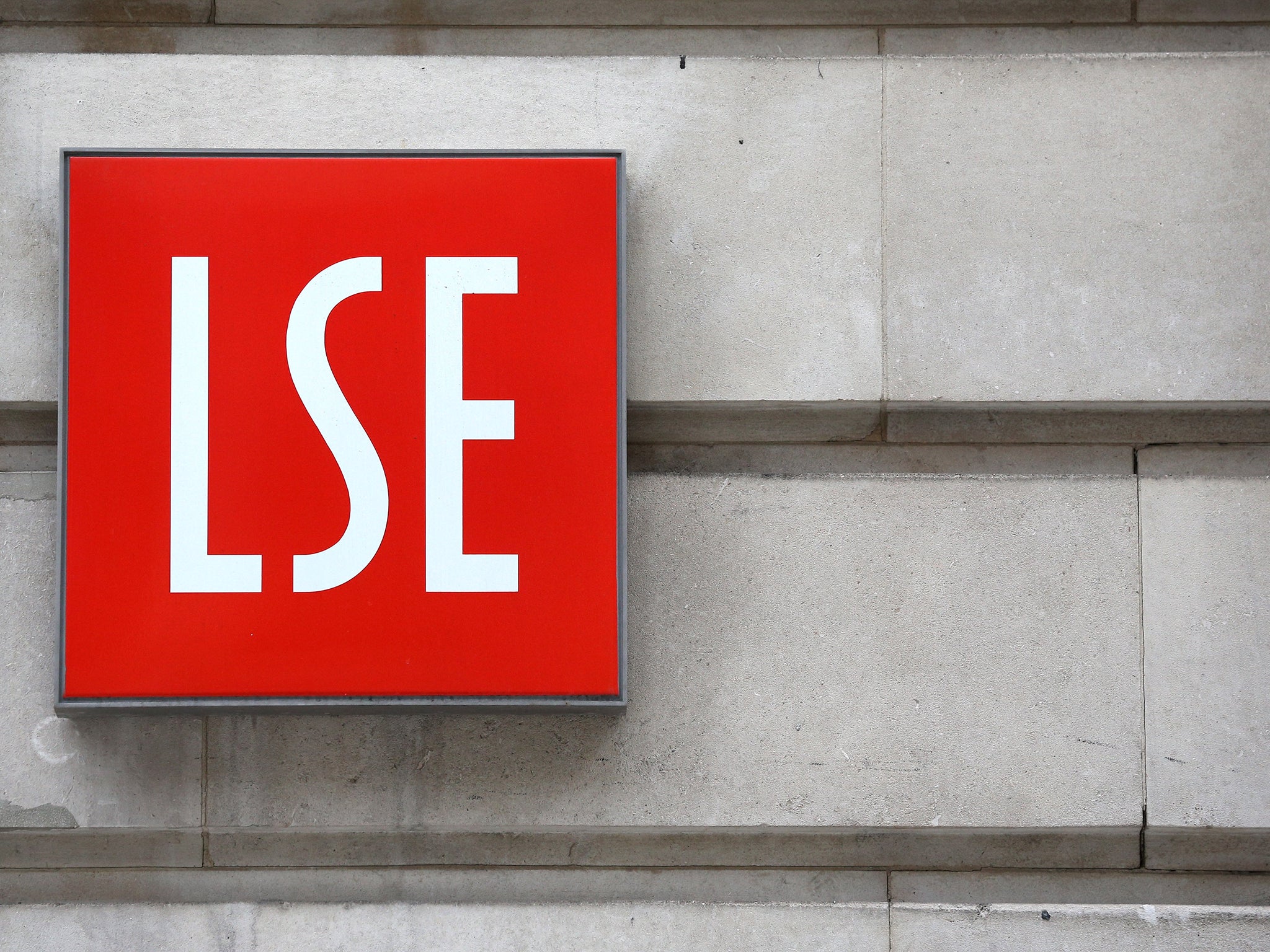LSE postpones Adam Perkins talk on welfare system after ‘online left-wing disruption threats’
Speaker says postponement will allow organisers more time to 'manage the event properly than was available'

Your support helps us to tell the story
From reproductive rights to climate change to Big Tech, The Independent is on the ground when the story is developing. Whether it's investigating the financials of Elon Musk's pro-Trump PAC or producing our latest documentary, 'The A Word', which shines a light on the American women fighting for reproductive rights, we know how important it is to parse out the facts from the messaging.
At such a critical moment in US history, we need reporters on the ground. Your donation allows us to keep sending journalists to speak to both sides of the story.
The Independent is trusted by Americans across the entire political spectrum. And unlike many other quality news outlets, we choose not to lock Americans out of our reporting and analysis with paywalls. We believe quality journalism should be available to everyone, paid for by those who can afford it.
Your support makes all the difference.Censorship on Britain’s university campuses has, once again, been thrust into the spotlight after the London School of Economics (LSE) announced it was postponing a talk on the welfare system amid reports of leftist campaigners threatening to disrupt it.
According to Times Higher Education (THE), the LSE confirmed the event’s organisers took the action because they were “aware of some negative social media activity” in relation to the talk by Dr Adam Perkins, lecturer in the neurobiology of personality at King’s College London (KCL).
The event had been scheduled to take place on 9 February when, on the day before, LSE announced it would be postponed “due to unforeseen circumstances.”
According to an annual LSE event guide, Dr Perkins was due to speak in a lecture to discuss his recent book The Welfare Trait, highlighting how state benefits affect personality.
The guide adds how Dr Perkins was set to argue the phenomenon that the welfare state erodes work motivation generation by generation “as a result of welfare-induced personality mis-development.”
As reported by the Independent last year, Dr Perkins said at the time of the book’s release: “I’m not going to pretend these ideas are not challenging, but we need to have a debate and confront the possibility the welfare state has become a production line for certain dysfunctional personality traits that reduce the motivation to work.”
In an email to the Independent on Friday, Dr Perkins described it as being “unfortunate” that his lecture at the LSE was postponed. However, he insisted the leadership of the hosting department is “committed to the free and open discussion of scientific data,” adding how he has been promised it will be rescheduled.
He continued: “All the LSE staff who helped organise my lecture have been open-minded and helpful from the outset. Everything went smoothly until the last few days before the event when some threats of disruption were received by some of the organisers.”
According to The Telegraph, Black Triangle - a campaign which says it is fighting the “vicious attack on the fundamental human rights of disabled people by government - looked to have been set to protest Dr Perkins’ talk on the day.
In a Facebook post, Black Triangle said: “Jesus wept: if ever there was an event to picket and protest, this is it,” followed by a link to the LSE event.
However, since that article, Black Triangle took to Facebook, again, this time to insist it “respects Dr Perkins’ academic freedom and freedom of speech 100 per cent.”
Calling the claims “utterly ridiculous” and criticising the right-wing press, the statement continued: “It would seem they have a problem with our fundamental human right - in a supposed open, free, and democratic society - to assemble and protest.
“A bunch of people in wheelchairs and folk with various illnesses and impairments were going to present a major ‘security risk’?”
Dr Perkins added how it was difficult to judge whether the threats would have been carried out, hence why the organisers at LSE decided more time would be needed to “manage the event properly than was available.” He also insisted the postponement decision “was not forced on them” and “not even suggested.”
The academic described how his book’s central argument is that, if society wants a sustainable welfare state which provides a safety net during unemployment - but without eroding work motivation - then “we need to take account of discoveries from personality research.”
Dr Perkins continued: “This message went down smoothly, with no heckling or any other protests, at a book launch lecture in December at KCL. Now, with more time to organise the LSE event, I expect the discussion at LSE to be no less free, open, and productive.”
The LSE incident has come shortly after the recent Free Speech University Rankings (FSUR) 2016 found the stifling of free speech and a culture of ‘no-platforming’ at the UK’s universities is becoming “an epidemic.”
The overall findings of the rankings revealed students’ unions were four times more likely to put bans in place on campus than the universities themselves, and fsur coordinator, Tom Slater, described how universities are meant to be spaces reserved for “unfettered debate and the pursuit of truth.”
However, he added: “The entire purpose of the academy is being undermined, and the bar for censorship is only getting lower.”
Join our commenting forum
Join thought-provoking conversations, follow other Independent readers and see their replies
Comments